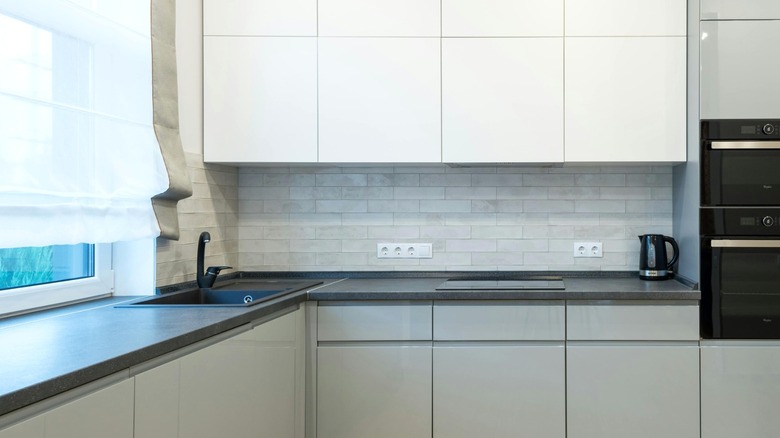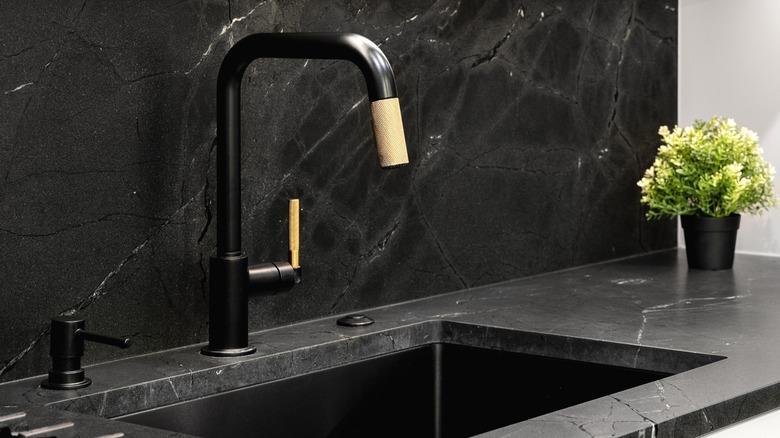Top Reasons To Consider Choosing Black Soapstone Countertops For Your Home
When choosing materials for a kitchen countertop remodel, you'd be doing yourself a disservice by overlooking soapstone. Sure, it can be more expensive than some other stone options and requires special care. But between the looks and function, the benefits of black soapstone countertops are impossible to ignore. Dark shades streaked with organic veiny patterns add a gorgeous aesthetic and elegant contrast that will impress anyone entering the kitchen. The neutral tones work seamlessly with almost any color scheme. Over time, soapstone develops an aged patina to further the appeal. With such a unique texture and color, it's no surprise that soapstone counters can increase your home value and make it easier to sell!
Style aside, black soapstone is sensible for environmentally conscious buyers. The natural stone (also called steatite) is a mined metamorphic rock. It mainly consists of talc mixed with other minerals like quartz, dolomite, and calcite. Although the material is soft, giving it a soap-like feel, it offers several perks that can improve your countertop's longevity and maintain its beauty.
Practical benefits of black soapstone countertops
Unlike many stone countertop materials, soapstone is non-porous and dense, making frequent sealing unnecessary. The surface won't stain from any accidental spills. Since talc is inert, it doesn't etch or wear from acidic or alkaline substances. As far as upkeep goes, you'll only have to worry about regular cleaning with soap and water. Otherwise, applying mineral oil every few months is all you need to restore your soapstone countertop's luster and rich patina.
Apart from spilled liquids, soapstone can stand up to many everyday hazards in the kitchen. It's extremely heat-resistant, withstanding temperatures over 2,000 degrees Fahrenheit in some instances. You can set a hot pan directly on the surface without cracking or burning it. Plus, soapstone is impenetrable to bacteria and prevents microbial growth, so it's easy to keep sanitary for any food-prep needs.
Soapstone is also durable. Its flexibility means it typically doesn't crack as readily as granite, marble, and many other stone surfaces. In many cases, any damage it is likely to suffer can be easy to fix yourself. Black soapstone countertops will experience some dings, dents, and scratches because it's so soft. But unlike other stone materials, you can fix imperfections in soapstone simply by sanding them and applying a fresh layer of oil. While the pros and cons of soapstone are worth considering, as with any countertop option, it could be the perfect choice if you're looking for easy maintenance and stunning aesthetics to enhance your kitchen for years to come.

